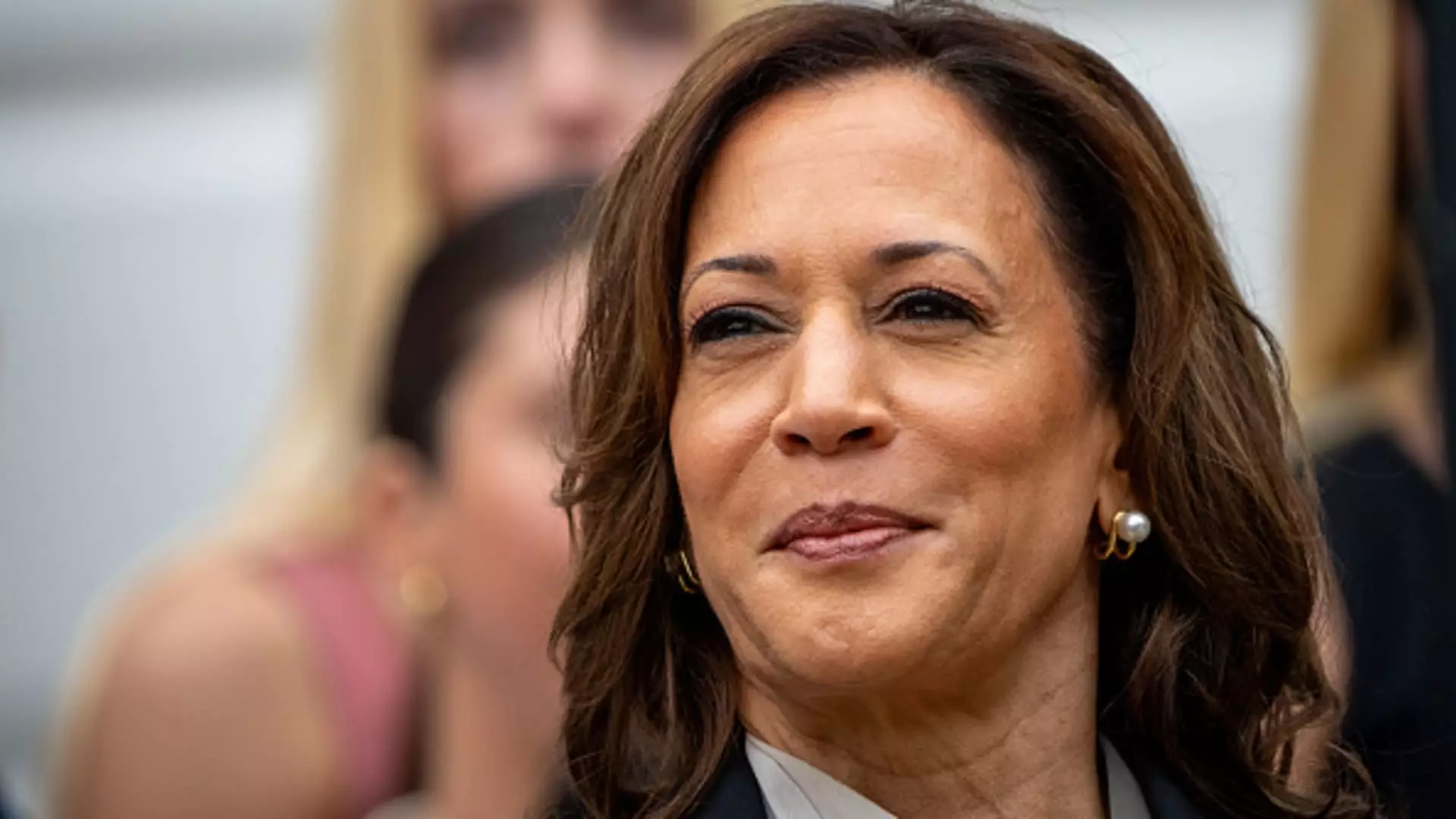In considering Vice President Kamala Harris’s potential antitrust and regulatory policy if she were to win the presidency, Maryland’s Democratic Governor Wes Moore highlighted the importance of prioritizing small business growth and fostering competition within large industries. This approach, as mentioned by Moore, would aim to support small businesses and facilitate their growth, while also ensuring that large industries have the ability to compete effectively within the country. This stance marks a departure from the current trust-busting and merger-skeptical policies that have characterized the Biden administration’s regulatory agenda.
According to Moore, a pro-growth, pro-competition approach to business under a potential Harris administration would necessitate a different set of philosophies and strategies. As the dynamics and challenges facing the country evolve, it is essential to adapt and tailor regulatory policies accordingly. Moore’s remarks suggest that a Harris presidency would bring about a shift in the lens through which economic issues are viewed, signaling a departure from the current regulatory landscape.
Governor Moore’s close ties to the Biden-Harris administration and his background in finance raise questions about the potential direction of Harris’s antitrust and regulatory policy. As a former investment banker and head of a prominent anti-poverty charity supported by Wall Street, Moore’s perspectives reflect a nuanced understanding of the intersection between business interests and social welfare. Additionally, the support from influential Democratic donors and corporate figures hints at a possible reevaluation of the aggressive antitrust stance championed by the Biden administration.
The speculation surrounding a Harris administration’s stance on antitrust regulation has sparked interest among Wall Street dealmakers and corporate stakeholders. While rooted in progressive economic principles, Harris’s approach may introduce revisions to the current antitrust regime, particularly with regards to mergers and competition. Calls to replace key figures in regulatory bodies indicate a willingness to reevaluate the existing framework and potentially adopt a more tempered approach to regulating big business.
As Vice President Harris continues to shape her policy platform during her presidential campaign, her rhetoric on corporate governance aligns with some of President Biden’s positions. However, Harris’s emphasis on addressing price gouging and reducing hidden fees reflects a distinct perspective on consumer protection and financial transparency. The ongoing evolution of Harris’s policy agenda underscores the fluidity of regulatory priorities and the complexities of governing in an ever-changing economic landscape.
Despite the insights gleaned from Governor Moore’s comments and the speculation surrounding a potential Harris administration, the exact trajectory of Harris’s antitrust and regulatory policy remains uncertain. As Harris navigates the complexities of policymaking and governing, the balance between promoting economic growth, safeguarding competition, and protecting consumer interests will continue to shape the contours of her administration’s approach to business regulation. The interplay between political dynamics, economic imperatives, and social considerations will define the path forward for Harris’s antitrust policies.

Leave a Reply